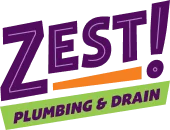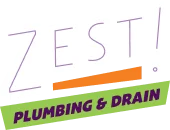Proudly Serving The Scottsdale, AZ Area
Signs of a Clogged Drain
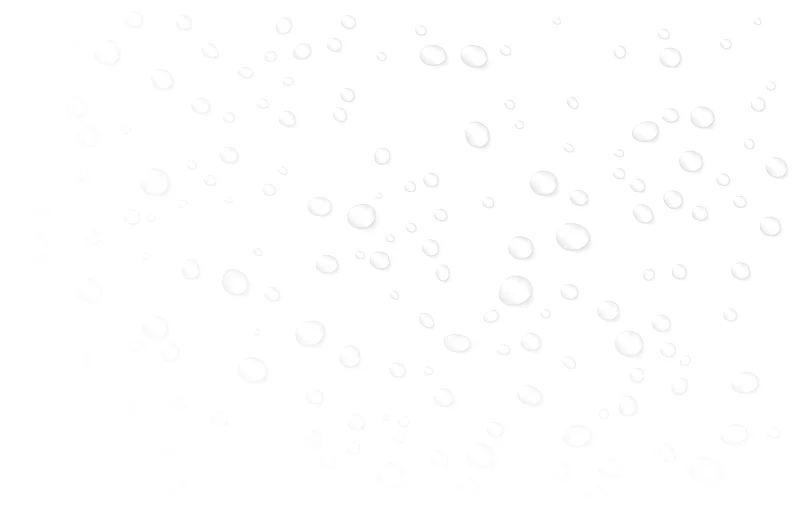
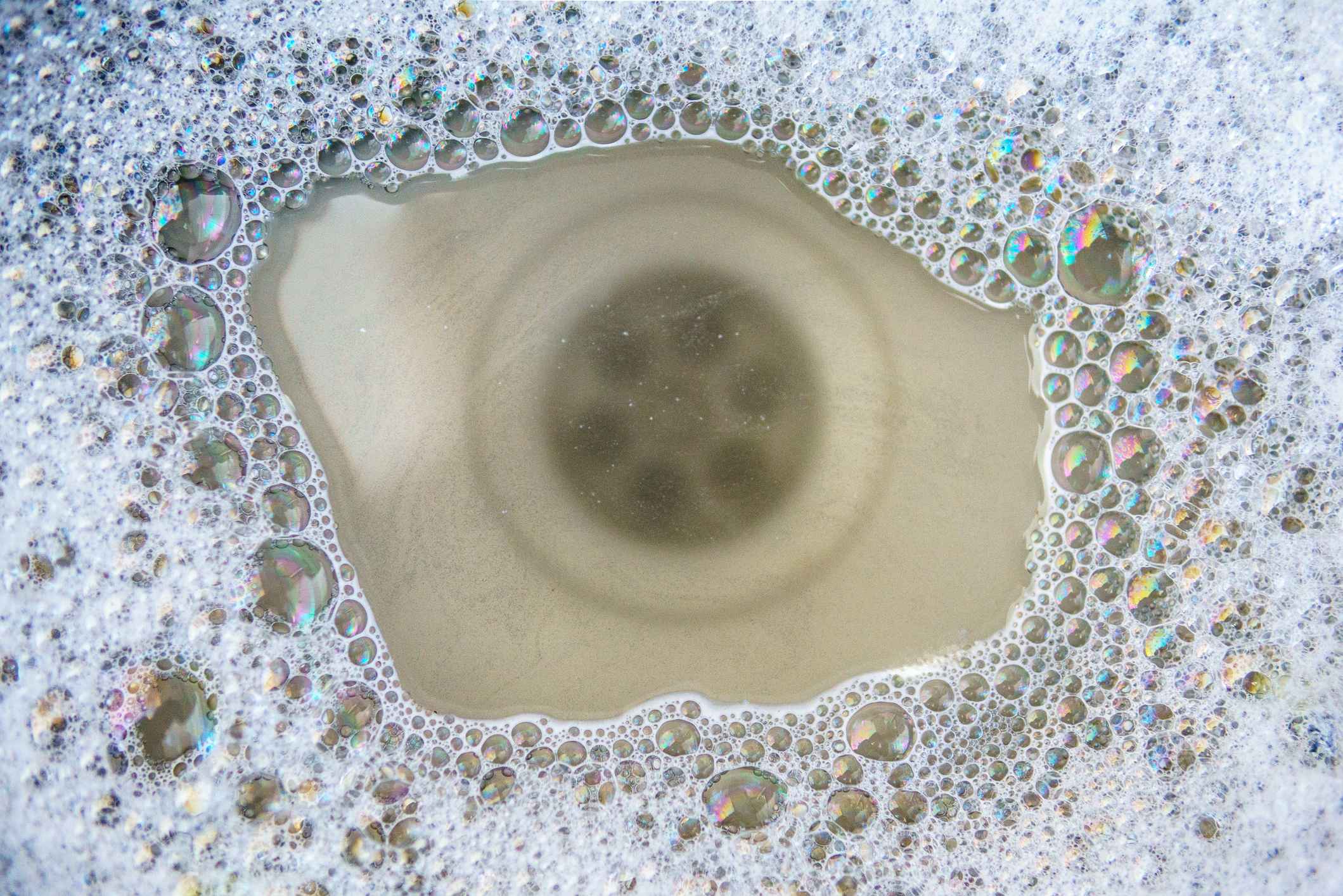
Signs of a Clogged Drain
A slow drain may seem like a minor inconvenience—until it turns into a bigger plumbing problem. Clogged drains are among the most common household issues, and they rarely resolve on their own. Ignoring the signs can lead to standing water, foul smells, and even pipe damage.
The good news? Your plumbing usually gives you warning signals before a full blockage happens. Recognizing those early red flags can save you from expensive repairs and headaches down the line. In this blog, we’ll break down what to watch for, what causes drain clogs, and how to handle them the right way.
The Problem with Clogged Drains
Clogged drains restrict the flow of wastewater, leading to backups, pressure buildup, and even pipe corrosion. They’re common in kitchen sinks, bathroom drains, showers, and toilets, and they can result from a buildup of grease, hair, food, or even tree roots. Left untreated, a clogged drain can lead to water damage and expensive plumbing repairs. That’s why spotting the early symptoms is crucial for protecting your home’s plumbing system.
Key Signs of a Clogged Drain
Knowing what to look for can help you catch a clog before it becomes a full-blown plumbing emergency. Here are the most common symptoms that signal a drain issue is brewing:
Slow Drainage
If water is taking longer than usual to drain from your sink, shower, or tub, a clog may be forming. This is often one of the first signs that buildup is starting to restrict water flow.
Gurgling Sounds
Strange noises coming from your drains when water runs can signal trapped air in the pipes caused by a partial blockage. Gurgling is a telltale sign of water struggling to pass through.
Unpleasant Odors
A foul smell coming from your drain often means food, hair, or waste is stuck and beginning to rot. This odor can travel through your pipes and affect your whole kitchen or bathroom.
Standing Water
Pooled water in sinks or tubs is a more severe sign of a clog. It typically indicates the blockage has become more serious and is fully preventing drainage.
Water Backups
When water backs up into another fixture—like when flushing the toilet causes water to bubble in the tub—it’s a clear sign of a clog deeper in your plumbing or sewer line.
Why Drains Get Clogged in the First Place
Clogs happen for a variety of reasons, depending on the part of the home and the behavior of those using the plumbing. Some causes are preventable, while others may be hidden or structural. Let’s break down the most common causes:
Hair and Soap Scum
Bathroom sinks, tubs, and showers are common places for hair and soap residue to build up. Over time, these combine to create a sticky clog that restricts water flow.
Grease and Food Debris
In the kitchen, grease, oils, and bits of food can cling to the inside of pipes. Even when rinsed with hot water, these substances harden and accumulate into stubborn blockages.
Flushing the Wrong Items
Toilets are designed to handle waste and toilet paper only. Flushing wipes, paper towels, or hygiene products can lead to serious clogs, especially in older plumbing systems.
Tree Roots
Outside your home, tree roots can grow into your underground sewer lines through tiny cracks. These roots block the flow of water and often require professional removal.
How to Handle and Prevent Clogs
Some clogs are minor and can be cleared with a little DIY effort. Others require professional attention to avoid damaging your plumbing system. Knowing when and how to act can save you time and money.
Tackling Small Clogs Yourself
For minor clogs, you can try using a plunger or a drain snake to break up the blockage. A mixture of baking soda and vinegar followed by hot water can also be effective in clearing gunk from your pipes. Avoid using harsh chemical cleaners, as they can corrode your plumbing over time.
When it’s Time to Call a Plumber
If clogs happen frequently or you notice backups in multiple drains, it’s best to call a professional. Licensed plumbers have tools like video inspection cameras and hydro-jetters to identify and remove deep clogs safely. Trying to fix serious problems on your own can sometimes cause more damage.
Tips to Prevent Future Drain Issues
Prevention is the best way to keep your drains clear and avoid surprise plumbing problems. With just a few small habits, you can protect your pipes and extend the life of your plumbing system.
- Use drain screens to catch hair, food, and debris before they go down.
- Never pour grease or cooking oil down the kitchen sink.
- Flush only toilet paper in the bathroom.
- Rinse drains regularly with hot water or a natural cleaner like baking soda and vinegar.
- Schedule routine professional drain cleaning.
Don’t Let a Small Clog Become a Big Problem
Recognizing the signs of a clogged drain early can save you from major headaches down the road. From slow drainage to unpleasant smells, your plumbing system is always sending signals. If you’re dealing with stubborn clogs or want to prevent future issues, Zest Plumbing & Drain in Phoenix, AZ, is here to help. Contact us today to schedule professional drain cleaning and keep everything flowing the way it should!
Recent News
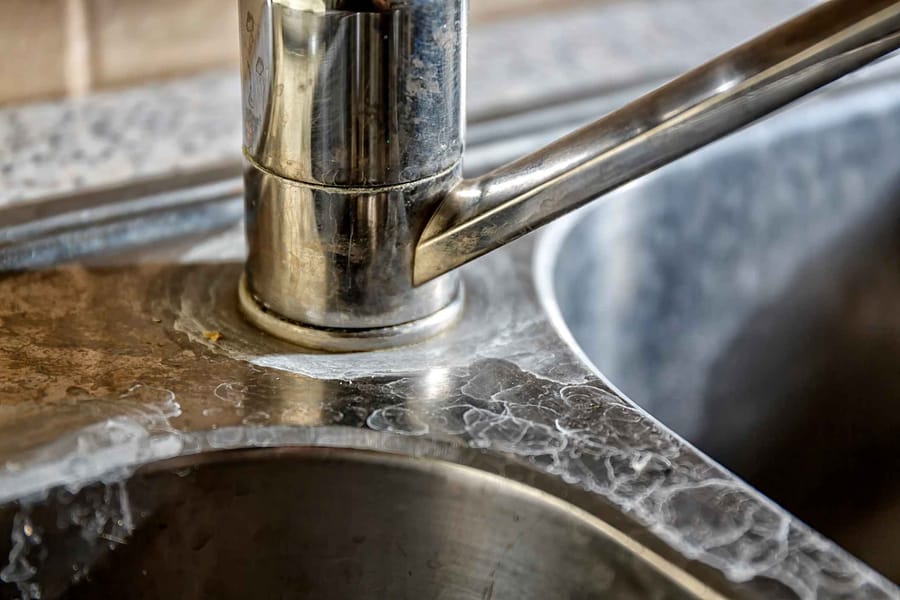
How Arizona’s Hard Water Damages Your Plumbing Over Time
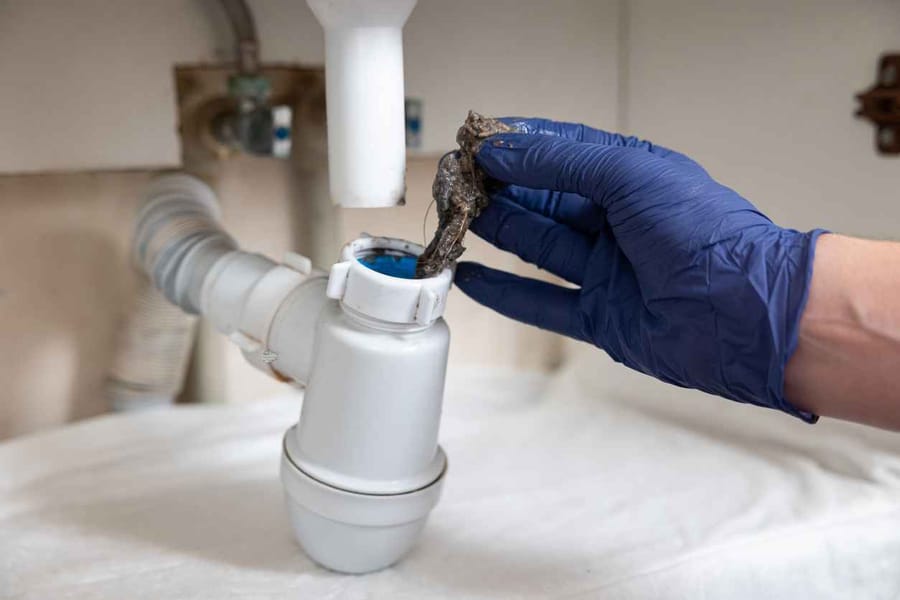
Top 5 Signs You Need a Drain Cleaning in Arizona (Before It Becomes an Emergency)
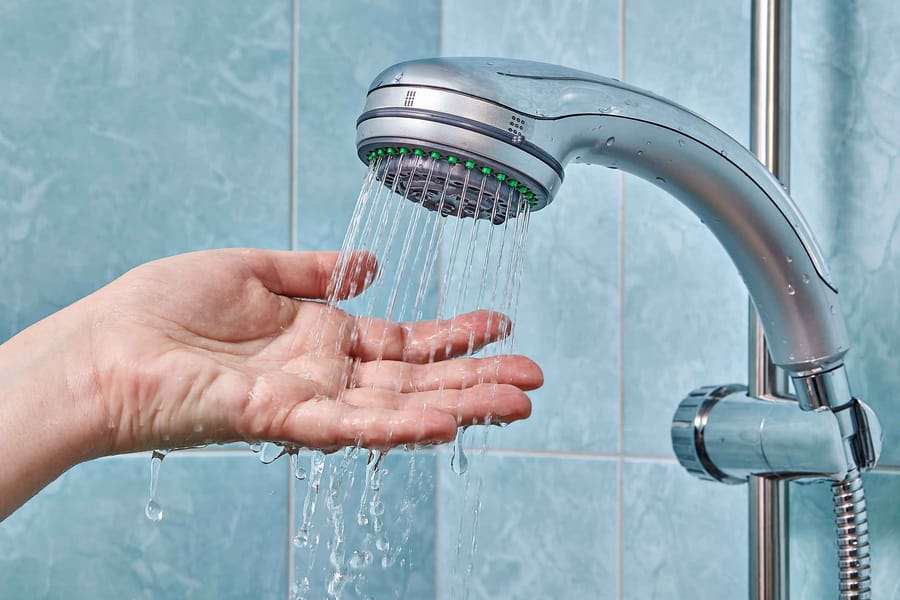
Why Your Shower Takes Forever to Get Hot and How to Fix It
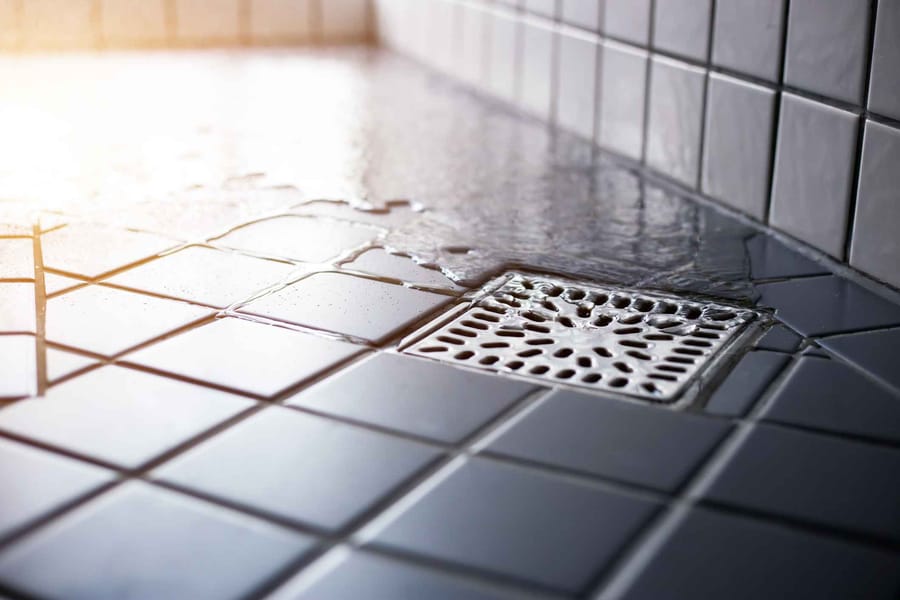
The Bathroom Drain Inspection Blueprint: What Every Homeowner Needs to Know
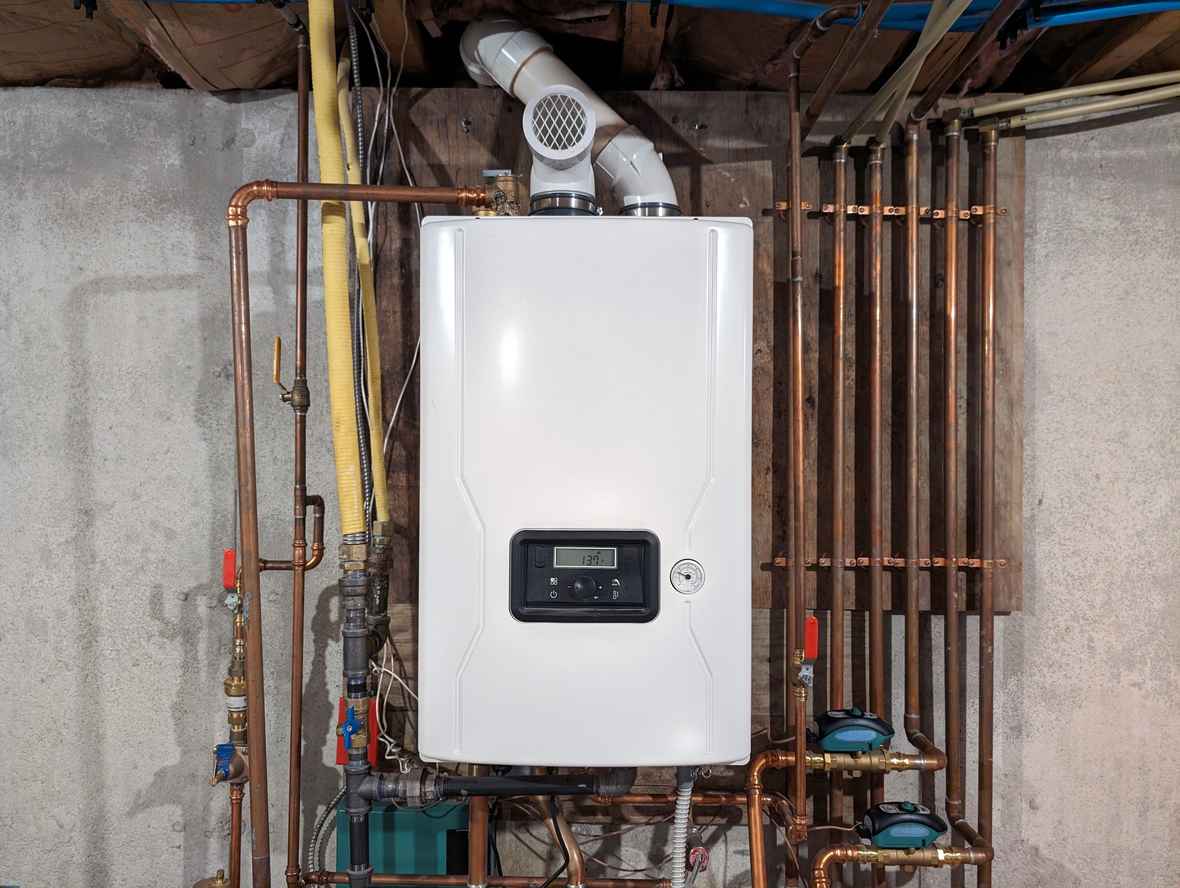
Choosing the Right Water Heater: Tankless vs. Storage for Your Scottsdale Home
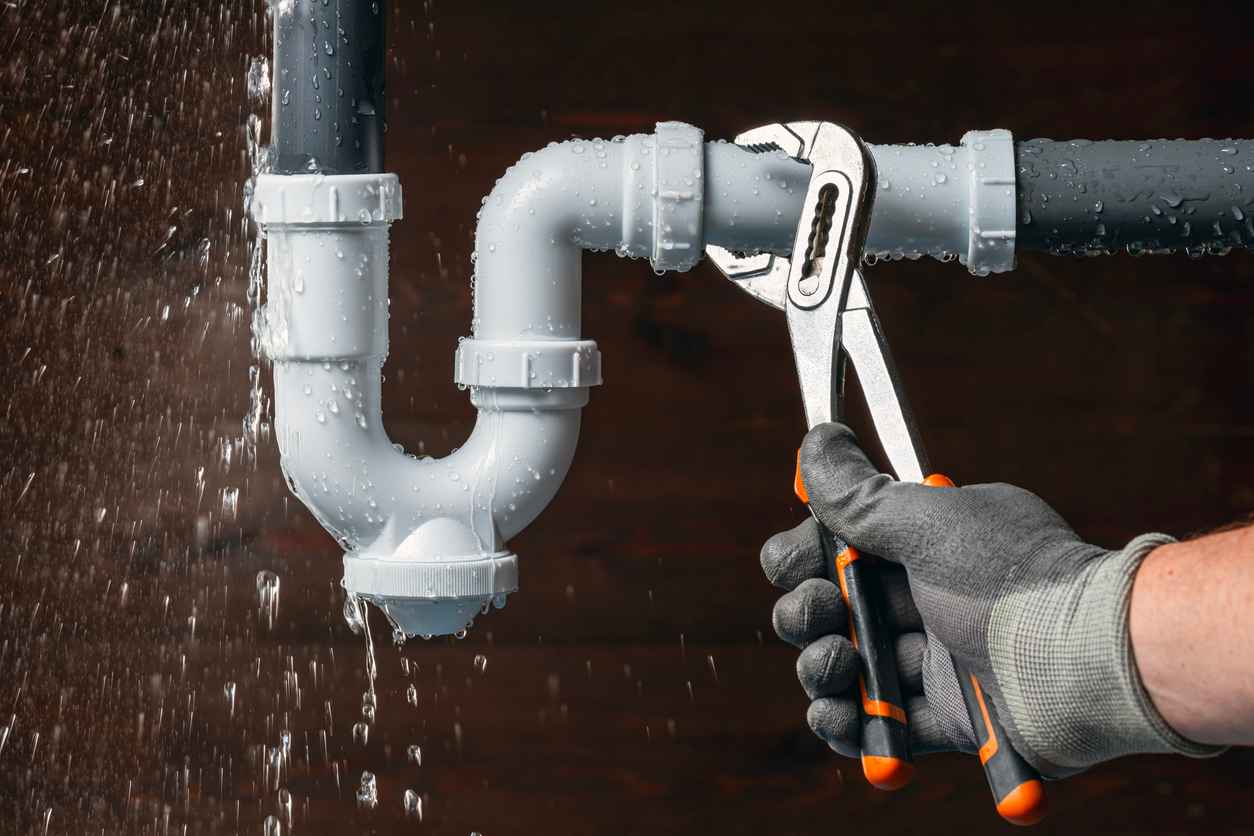
Seasonal Plumbing Maintenance Schedule for the Arizona Climate
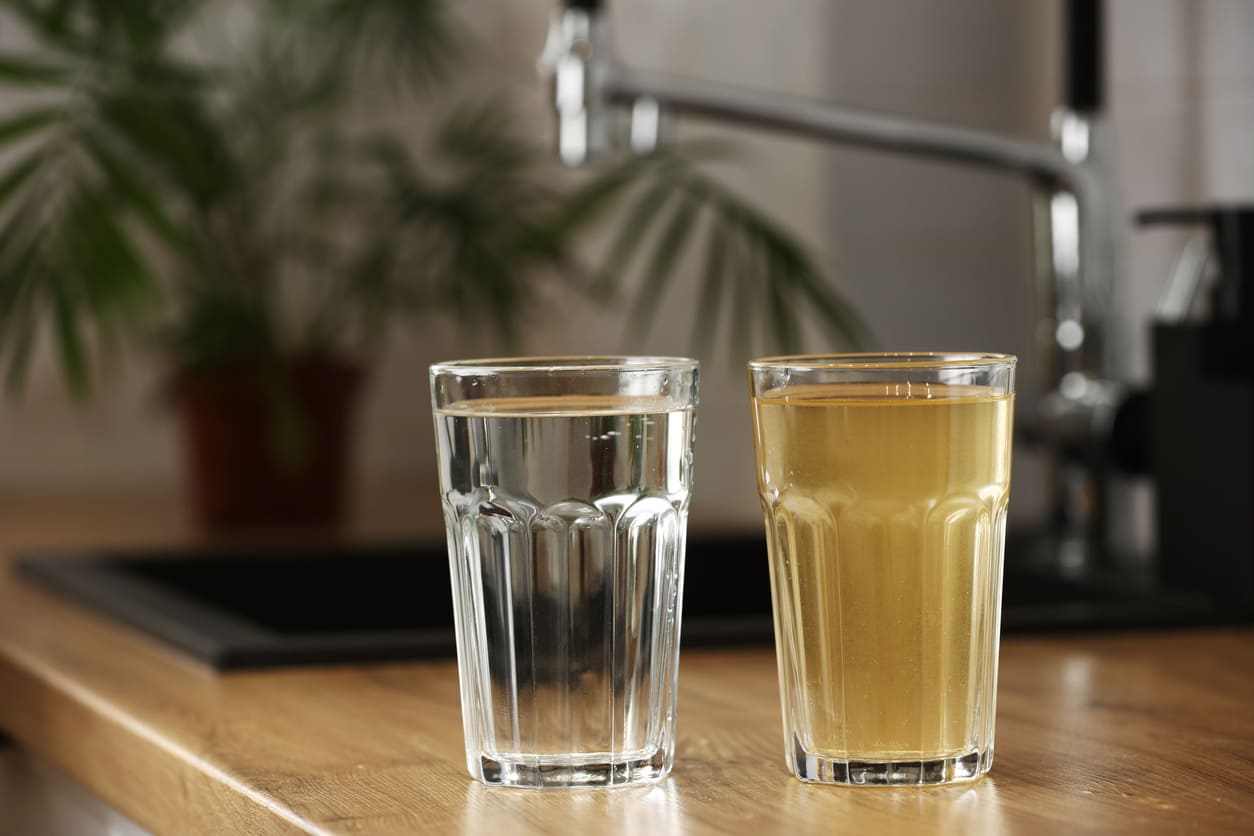
How to Filter Water?
Get in Touch
